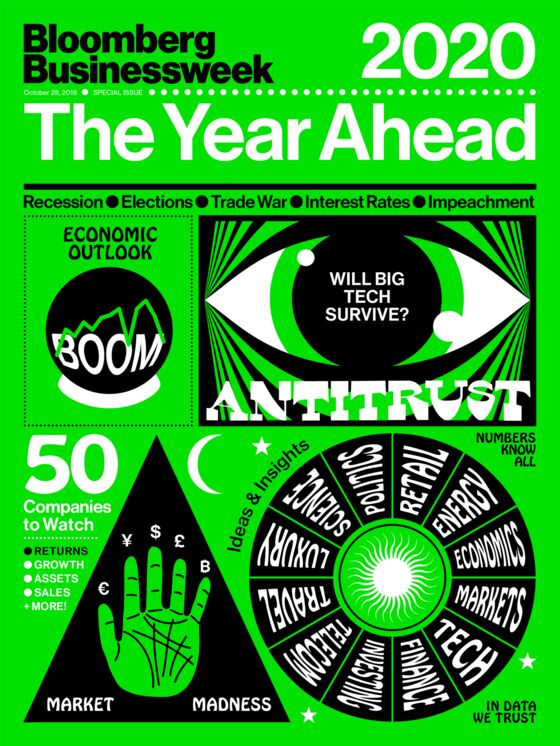Elon Musk Set Up His Shanghai Gigafactory in Record Time
It took Tesla just 168 working days to go from permits to a finished plant.

(Bloomberg Businessweek) -- Sometime in late 2019, the first Chinese-made Tesla Model 3 destined for customers will roll off an assembly line at Tesla Inc.’s new Shanghai Gigafactory. When that happens, it’ll be a rare case in which Elon Musk, the company’s famously scattered chief executive officer, has managed to hit one of his famously ambitious deadlines.
Musk spent much of the past year in crisis mode, battling, among other things, the U.S. Securities and Exchange Commission (over his apparent failure to comply with a settlement regarding his Twitter use) and a British cave diver (who Musk falsely accused of pedophilia in 2018). Things have been much smoother in Shanghai, where in October, the State Grid Corp. of China opened the first transmission line to bring power to the Gigafactory. The government-run Xinhua News Agency reported that it had taken Tesla just 168 working days, about six months, to go from permits to hooking up the electricity to the brand new plant. “This is quite fast, even by Chinese standards,” says Ivan Su, an analyst at Morningstar Inc. Musk has predicted that his company will be producing at least 1,000 cars a week in Shanghai by the end of the year, a volume the company’s original factory in California spent months trying to hit. On Oct. 23, Tesla said it had begun producing "full vehicles on a trail basis.”
Tesla’s intense focus on China makes sense. Despite a 25% import duty, the country is already the company’s second-largest market, just behind the U.S. and ahead of Norway and the Netherlands. And while U.S. demand will probably cool as federal tax credits for Tesla’s cars expire, China’s market for electric cars is still strong, thanks to regulations that have made ownership of gasoline-powered cars much more expensive than electric ones.

EV sales, which include battery-powered cars and plug-in hybrids, reached 1.2 million in China in 2018—more than half the electric vehicles sold worldwide that year, according to data from Germany’s nonprofit Centre for Solar Energy and Hydrogen Research Baden-Wurttemberg.
Building the Chinese factory has allowed Tesla to lower freight expenses and avoid the import duty. The starting price of the locally made sedan, which will only be sold in China, is 328,000 yuan ($46,000), making the luxury American brand more competitive with lower-cost domestic manufacturers, such as BAIC Motor Corp. and BYD Co., which offer functional sedans for about 200,000 yuan.

Thanks to a rule change announced last year, the Model 3 will also be the first car produced in China from a factory that is wholly owned by a foreign company, making it a rare showcase of global cooperation amid the U.S.-China trade war. Musk has traveled to China often. In August he appeared with Alibaba Group Holding Ltd.’s Jack Ma at an artificial intelligence event in Shanghai and then met with government officials including Transport Minister Li Xiaopeng in Beijing. He was also spotted eating steamed buns in the Chinese capital around the same time. Shortly after, Tesla was awarded an exemption from the country’s 10% sales tax on cars. Typically, only electric vehicles made by Chinese companies have been exempt.
Musk’s courtship of China puts him in a politically delicate position, especially at a time when Google, the NBA, and others have been criticized for their cooperation with Beijing. That may be why Musk, who’s never been shy to tweet his mind, has been remarkably careful on the subject, mostly staying silent or offering bromides about how great the country is.
So far, the strategy seems to be working. Morningstar’s Su notes that the speed with which Tesla was able to acquire land and secure loans from state-owned banks suggests that Musk has Beijing’s strong support, at least for now. “What surprised me is how little time it took for the regulatory process to get approved by the Chinese government,” he says. “When they want to, they can push things through very quickly.” —With Tian Ying
To contact the editor responsible for this story: Max Chafkin at mchafkin@bloomberg.net, Jeff Muskus
©2019 Bloomberg L.P.